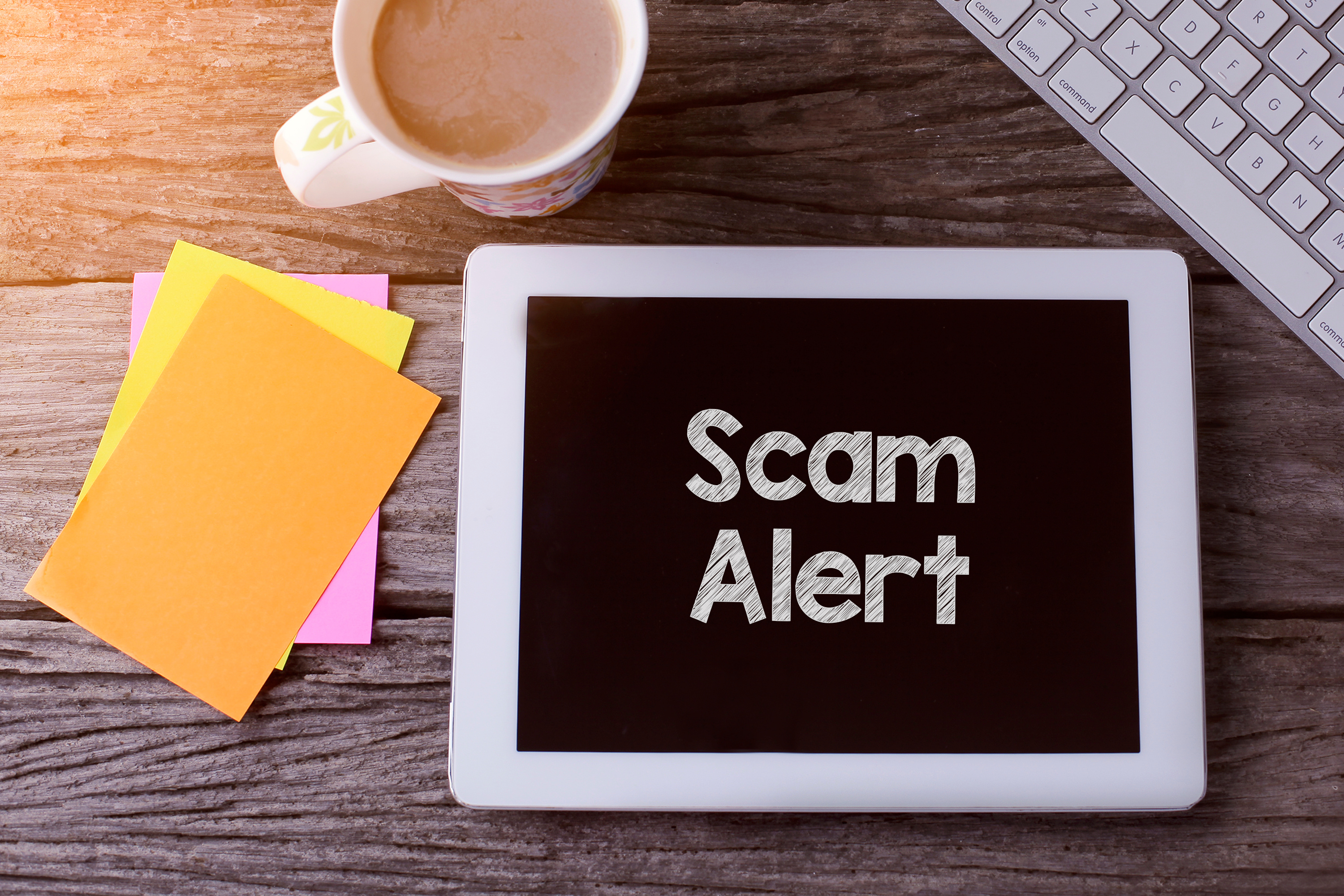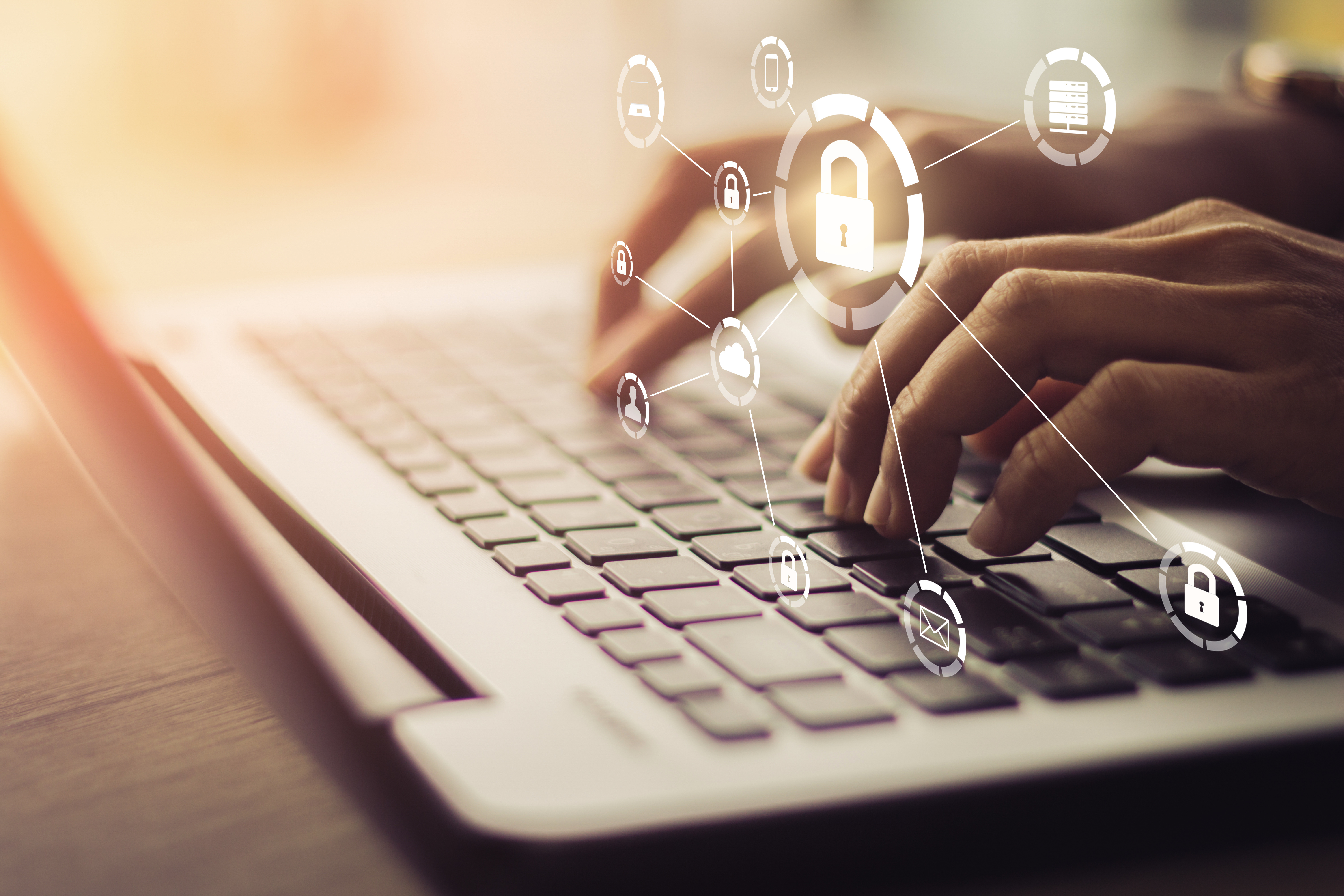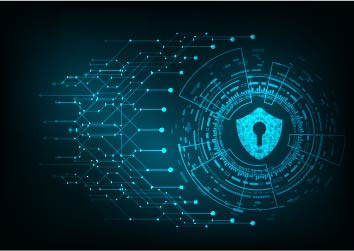The IRS has once again published its “Dirty Dozen” – an annual list of the top 12 tax scams that taxpayers and businesses should be on the lookout for. Although many of these scams peak during tax season, the IRS warns that taxpayers should be vigilant year-round.
Just browse through the latest true crime documentaries on your preferred streaming network and you’ll
see that people of all ages and income levels are vulnerable to financial scammers. Unfortunately, as we
get older, certain factors put us at greater risk. Social isolation, recent loss of a spouse or close family
member, diminished cognitive abilities, and accumulated wealth can make those over age 60 especially
attractive to fraudsters.
It has been one year since the COVID-19 pandemic has flipped everyone’s day-to-day life upside down. We have had to change the way we do many things, including finding new ways of completing tasks that were once done in person. A lot of what we do now is being conducted via the internet and online portals. We hear in the news about data breaches and online hackers, but how can you personally protect your information online? There are a few easy tasks that one can complete to ensure they are doing everything in their power to keep their information secure:
The Coronavirus pandemic has changed life as we know it, almost overnight. Amidst unprecedented health and economic concerns, cybersecurity is likely the last thing on most people’s minds. Sadly, malicious attackers are capitalizing on the fear and uncertainty surrounding the pandemic to initiate new scams and cyber-attacks.
In today's world, we hear about cyber security breaches all the time. They impact businesses of all sizes, from corporate giants like Target and Equifax, to small local businesses. Malicious individuals can gain access to a private network through any number of weak points, causing real damage to the business and their clients—damage that is often extremely expensive to repair, and can be irreparable in terms of reputation.










